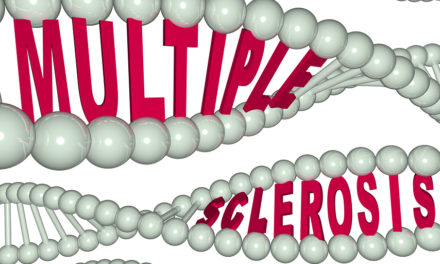
B1 (Thiamin)
Thiamin is water-soluble and acts as a coenzyme participating in converting glucose to energy. It is vulnerable to heat, air and water in cooking. It is found in the germ and bran of grains. It is absorbed rapidly in the upper and lower small intestine. It is not stored in the body in any great quantity and must be supplied daily. Eating sugar will cause a thiamin depletion, as will smoking and drinking alcohol.
Deficiency of thiamin makes it difficult for a person to digest carbohydrates. It also leaves too much pyruvic acid in the blood, causing loss of mental alertness, labored breathing and cardiac damage. Early signs of deficiency include easy fatigue, loss of appetite, irritability and emotional instability. Confusion and loss of memory will appear if the deficiency persists.
Beriberi is the disease of thiamin deficiency. The most advanced neural changes occur in the peripheral nerves, particularly the legs. The distal segments are involved earliest and most severely. Degeneration of the medullary sheath has been demonstrated in all tracts of the cord, especially in the posterior columns and in the anterior and posterior nerve roots. Changes are noted in the anterior horn and posterior ganglion cells. The heart is dilated and enlarged; muscle fibers are swollen, fragmented and vacuolized with interstitial spaces dilated by fluid. Edema and serous effusions may develop.
Early deficiency produces fatigue, irritation, poor memory, sleep disturbances, precordial pain, anorexia, abdominal discomfort and constipation.
Peripheral neurologic changes are bilateral and symmetric, usually in the lower extremities. Paresthesias of the toes, burning of the feet (esp at night), calf muscle cramps, pains in the legs, loss of vibratory sense in the toes and difficulty in rising from a squatting position are early signs. Later loss of ankle jerk, then knee jerk and loss of vibratory and position sensation in the toes, atrophy of the calf and thigh muscles and finally food-drop and toe-drop. The arms may become involved after the leg signs are well established.
Cerebral beriberi (Wernicke-Korsakoff syndrome) Mental confusion, commonly seen in alcoholics.
European Neurology, 1991;31:121-125 “Epileptic Manifestations and Vitamin B1 Deficiency” In this study 16 of 50 consecutive neurologic patients with a diagnosis of thiamin deficiency showed epileptic manifestations. It is possible that thiamin deficiency may promote epileptic episodes in those who have a subclinical predisposition for seizures. B1 is important in carbohydrate metabolism, deficiency decreases the production of adenosine 5′ triphosphate. Thiamin may be important in nerve to nerve conduction, may be associated with low concentrations of GABA. In late onset epilepsy, thiamin deficiency may be considered to be one of the causes.






